What Makes Container Houses the Ideal Solution for Sustainable Development During the Olympics
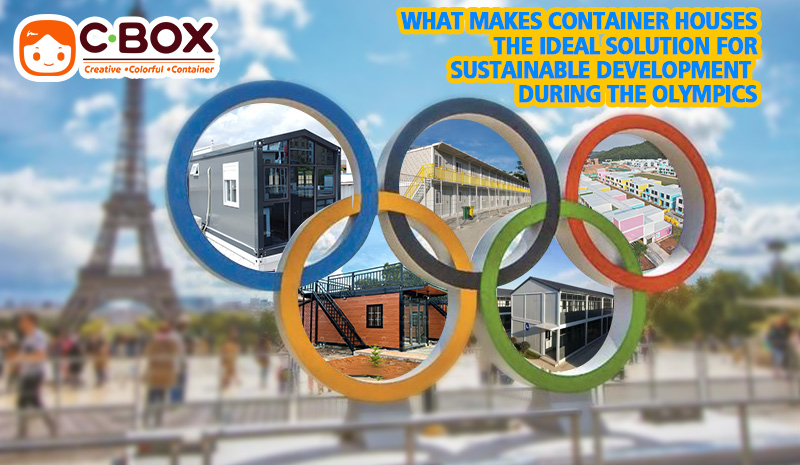
The opening ceremony of the Paris Olympics will be held at 7:30 on July 26th local time. As we all know, the organizers of this Olympics will adhere to the strategy of circular economy, reduce the resources used for hosting the Olympics, make better use of these resources through the implementation of ecological design, and ensure a second life for resources after the Olympics. They are committed to reducing the carbon footprint of the Olympic Games and providing a sustainable lifestyle that goes beyond sports. This sustainable lifestyle is reflected in all aspects, including "clothing," "food," "housing," and "travel." This time, we will discuss the sustainable development of "living" and explore how container houses can be used to achieve sustainable development during the Olympics.
Container houses are an innovative and sustainable solution to housing needs during the Olympics. They offer numerous benefits that are consistent with the goals of circular economy and sustainable development. The contributions of container houses to sustainable development include:
Container houses are built by reusing shipping containers, which are abundant but often underutilized. Converting these shipping containers into homes reduces the need for new building materials, thereby conserving natural resources and minimizing waste. This approach embodies the principle of making better use of existing resources.
2. Reduced Carbon Footprint
1. Resource Efficiency
In traditional building construction, the production and transportation of materials such as concrete and steel produces large amounts of carbon dioxide emissions. In comparison, the carbon footprint of shipping container homes is much lower. Because the main structure is already in place, fewer resources and energy are required to turn shipping containers into habitable spaces.
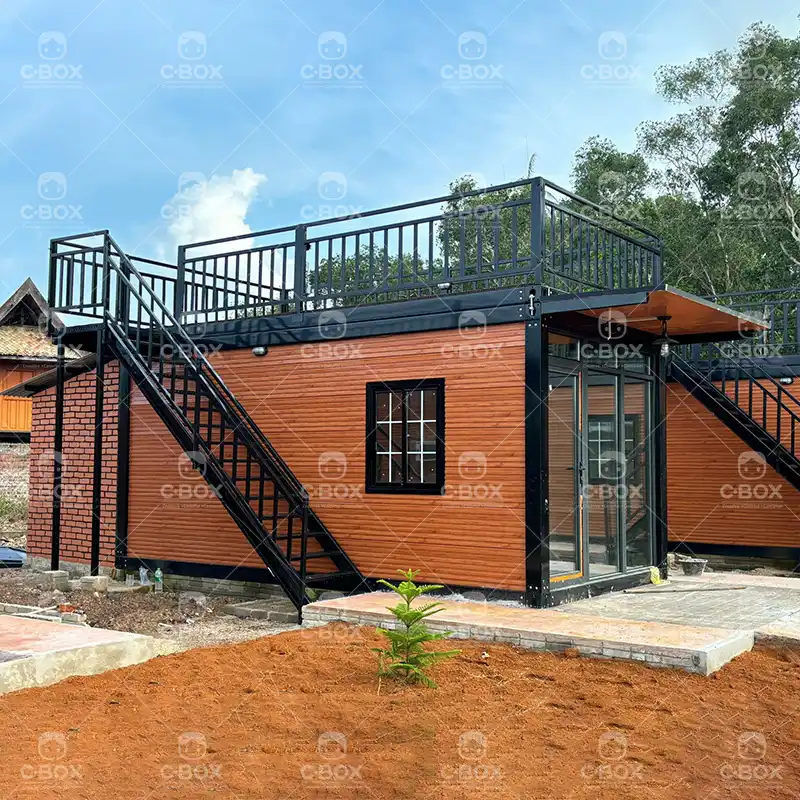
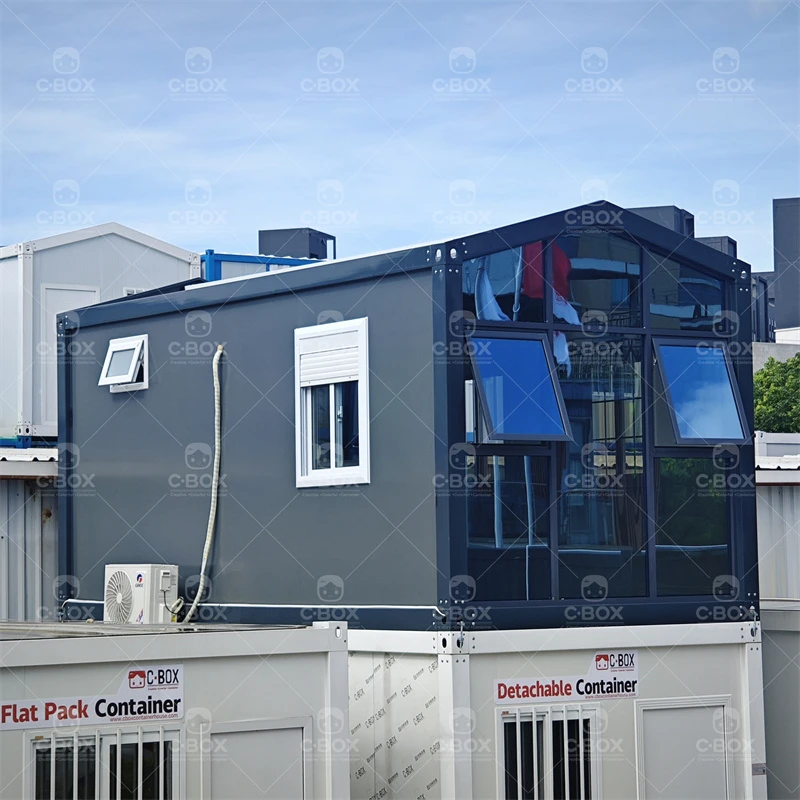
3. Fast and Efficient Construction
Container homes can be constructed quickly and efficiently compared to traditional construction. This rapid deployment is crucial for events such as the Olympics, which require temporary housing solutions for large numbers of visitors. The faster speed of construction also means less disruption to the environment and local communities.
4. Flexibility and Mobility
Container homes are flexible and can be easily transported and reassembled in different locations. This mobility benefits the Games, as the homes can be relocated and reused for future events or used to address housing shortages in other areas after the Games. This ensures a secondary use of resources and is in line with the principles of a circular economy.
5. Energy Efficiency and Eco-Friendly Design
Container homes feature energy-efficient designs such as solar panels, green roofs, and advanced insulation. These features reduce the energy consumption of the housing units and therefore the overall carbon footprint. In addition, the use of eco-friendly materials in the interiors can further enhance the sustainability of the homes.
6. Community and Legacy
Container housing projects can leave a positive legacy for the host city. After the Olympics, these buildings could be converted into affordable housing, community centers, or other facilities that serve local residents. Not only does this provide a lasting benefit to the community, but it also demonstrates a commitment to sustainability and social responsibility.
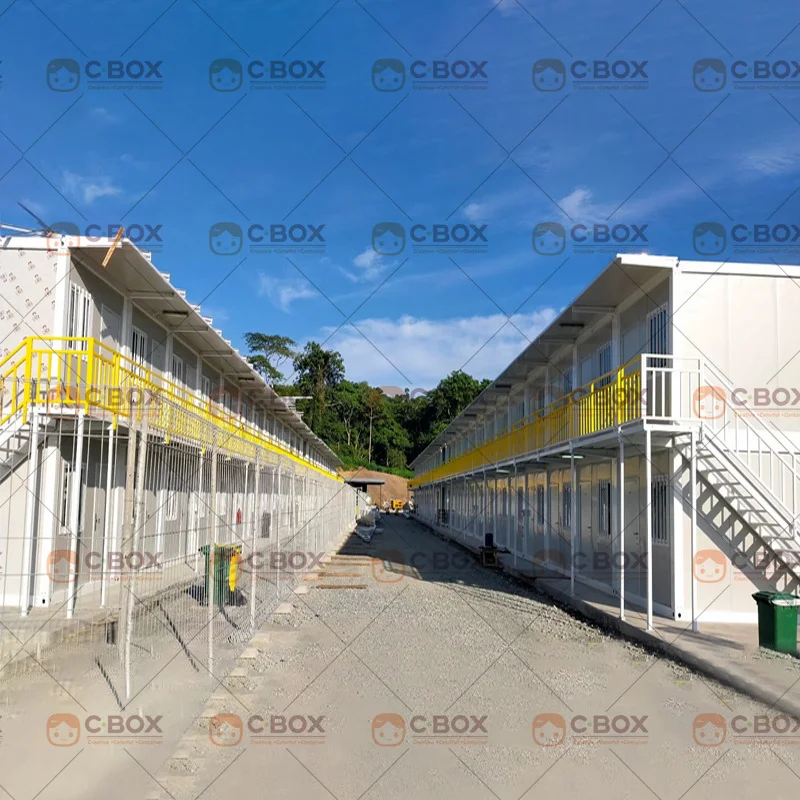
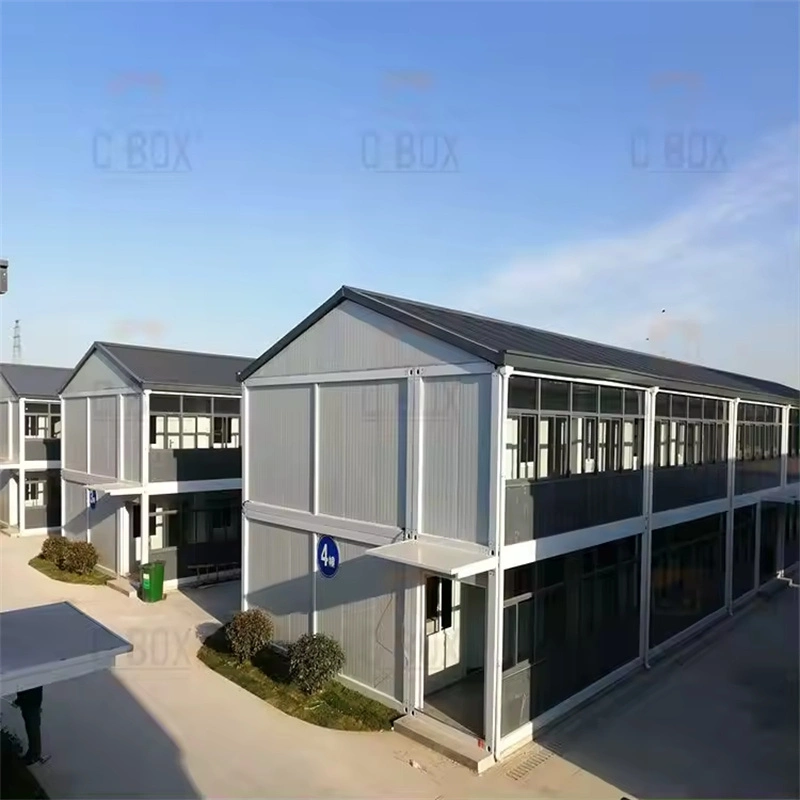
7. Cost-Effectiveness
Construction with shipping containers is often more cost-effective than traditional construction methods. Significant savings on materials and labor allow a larger portion of the budget to be allocated to other sustainable initiatives and community projects.
8. Promoting Sustainable Lifestyles
By incorporating container homes into the Olympic Village and other event-related accommodation, organizers can promote sustainable lifestyles. Athletes, staff and visitors will experience first-hand the benefits of eco-friendly housing and may be inspired to adopt similar practices in their own lives.
The container houses represent a practical and sustainable solution for housing during the Paris Olympics. Their use not only supports the circular economy and reduces carbon emissions, but also provides a model for future events and communities to follow. By utilising innovative housing solutions such as shipping container houses, the Paris Olympics could set a new standard for sustainability in major international events.
CBOX Container House Company has been a pioneer in the field of sustainable housing for many years. Committed to the principles of the circular economy, CBOX specializes in transforming shipping containers into innovative and eco-friendly living spaces. Their dedication to sustainability aligns perfectly with the goals of the Paris Olympics, providing practical and efficient housing solutions that minimize environmental impact. By choosing CBOX, the organizers ensure that the housing needs for the Olympics are met in a responsible and forward-thinking manner.
Scan to messenger :
